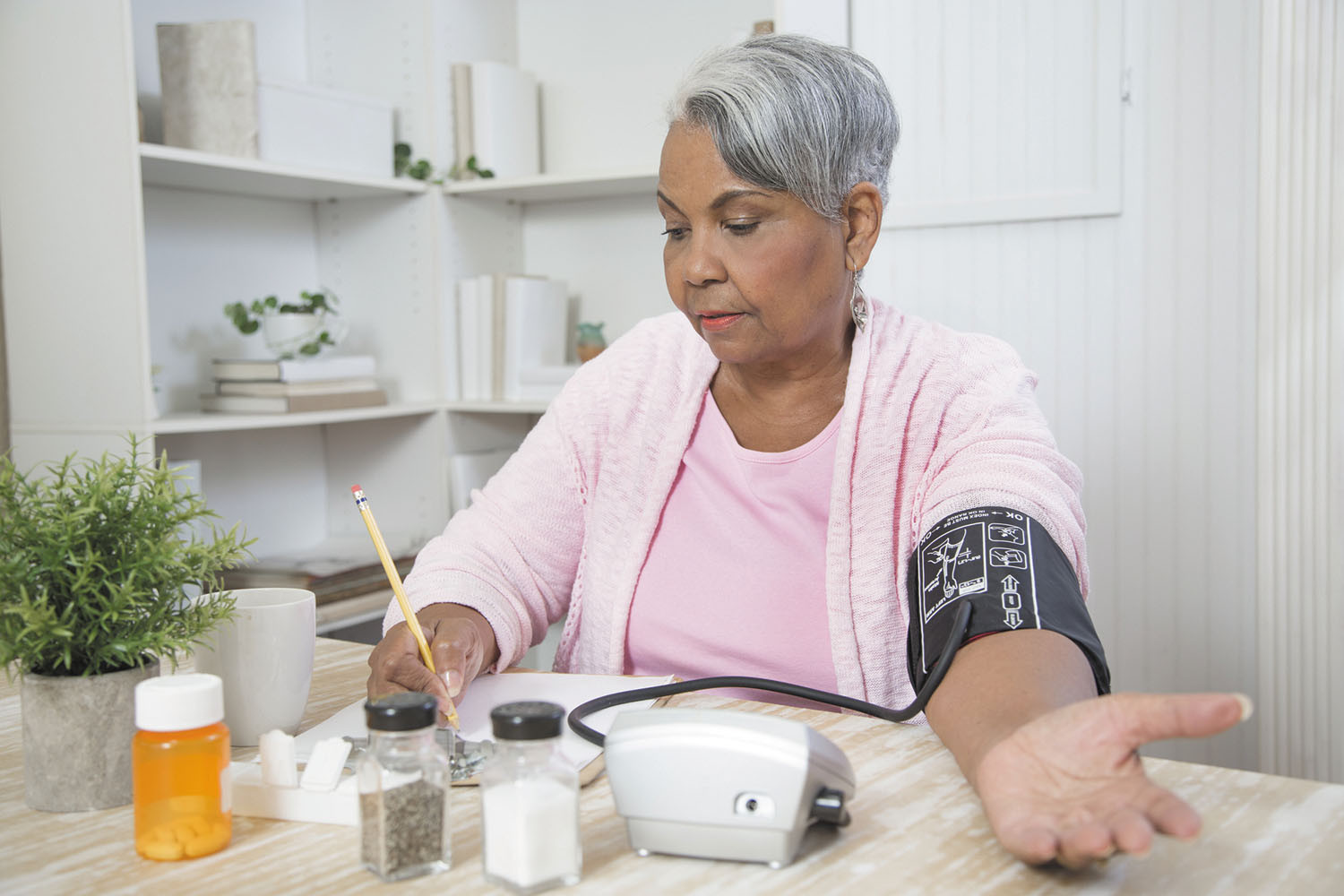
5 timeless habits for better health

What are the symptoms of prostate cancer?

Is your breakfast cereal healthy?

When pain signals an emergency: Symptoms you should never ignore

Does exercise give you energy?

Acupuncture for pain relief: How it works and what to expect

How to avoid jet lag: Tips for staying alert when you travel

Biofeedback therapy: How it works and how it can help relieve pain

Best vitamins and minerals for energy

Should you take probiotics with antibiotics?
Medications Archive
Articles
What to do when your blood pressure won’t go down
What’s new in diabetes drugs
Over-the-counter drugs that can boost blood pressure
Less may be more when treating urinary tract infections
Is your medication making you lightheaded?
Drug therapy needs time to treat heart-related chest pain
Why are mRNA vaccines so exciting?
Some blood pressure drugs are linked with better memory
Aspirin and bruising
Taking low-dose aspirin may increase bruising and minor bleeding from small cuts. Minor bleeding does not necessarily indicate a greater likelihood of experiencing major bleeding.

5 timeless habits for better health

What are the symptoms of prostate cancer?

Is your breakfast cereal healthy?

When pain signals an emergency: Symptoms you should never ignore

Does exercise give you energy?

Acupuncture for pain relief: How it works and what to expect

How to avoid jet lag: Tips for staying alert when you travel

Biofeedback therapy: How it works and how it can help relieve pain

Best vitamins and minerals for energy

Should you take probiotics with antibiotics?
Free Healthbeat Signup
Get the latest in health news delivered to your inbox!
Sign Up











